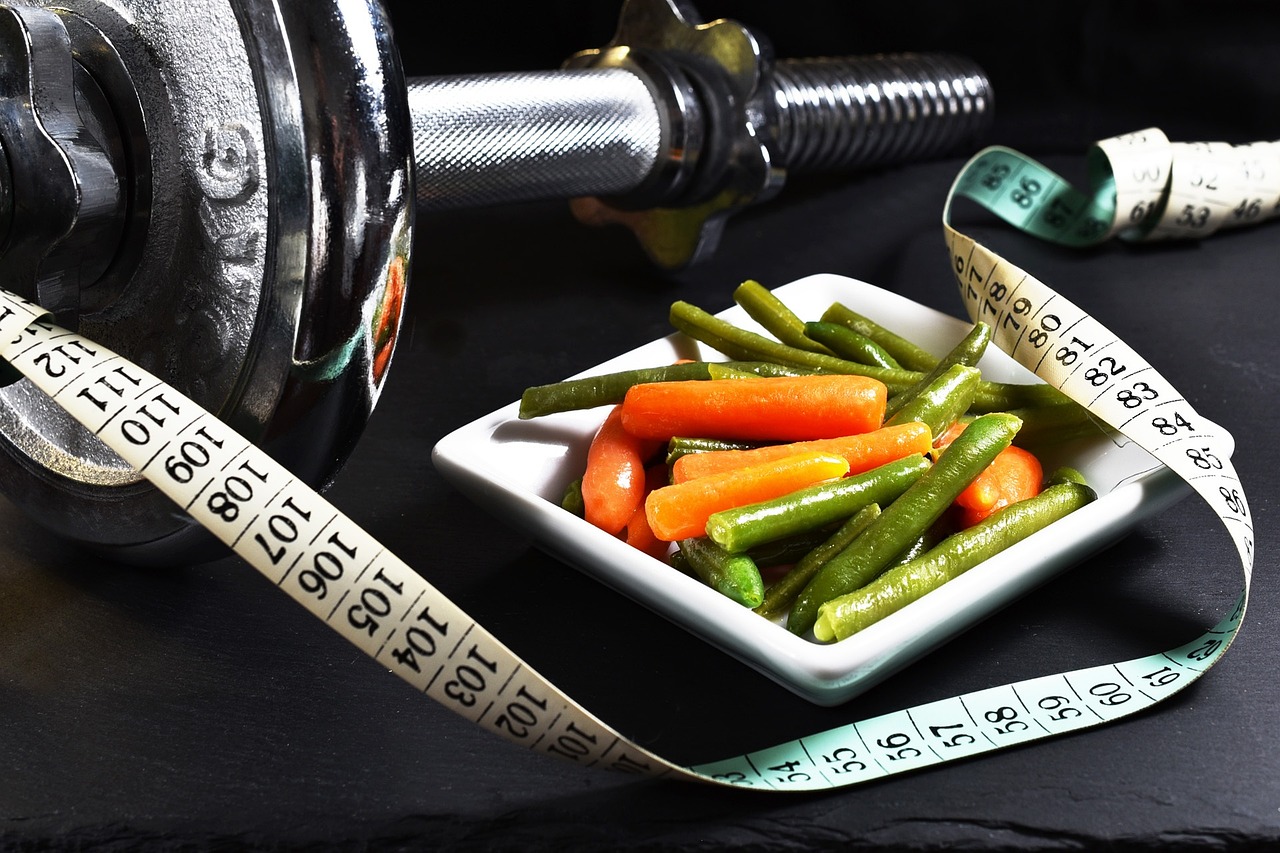Common Weight Loss Mistakes To lose weight you will want to avoid common weight loss mistakes. Simple enough, right? photo...

Common Weight Loss Mistakes To lose weight you will want to avoid common weight loss mistakes. Simple enough, right? photo...